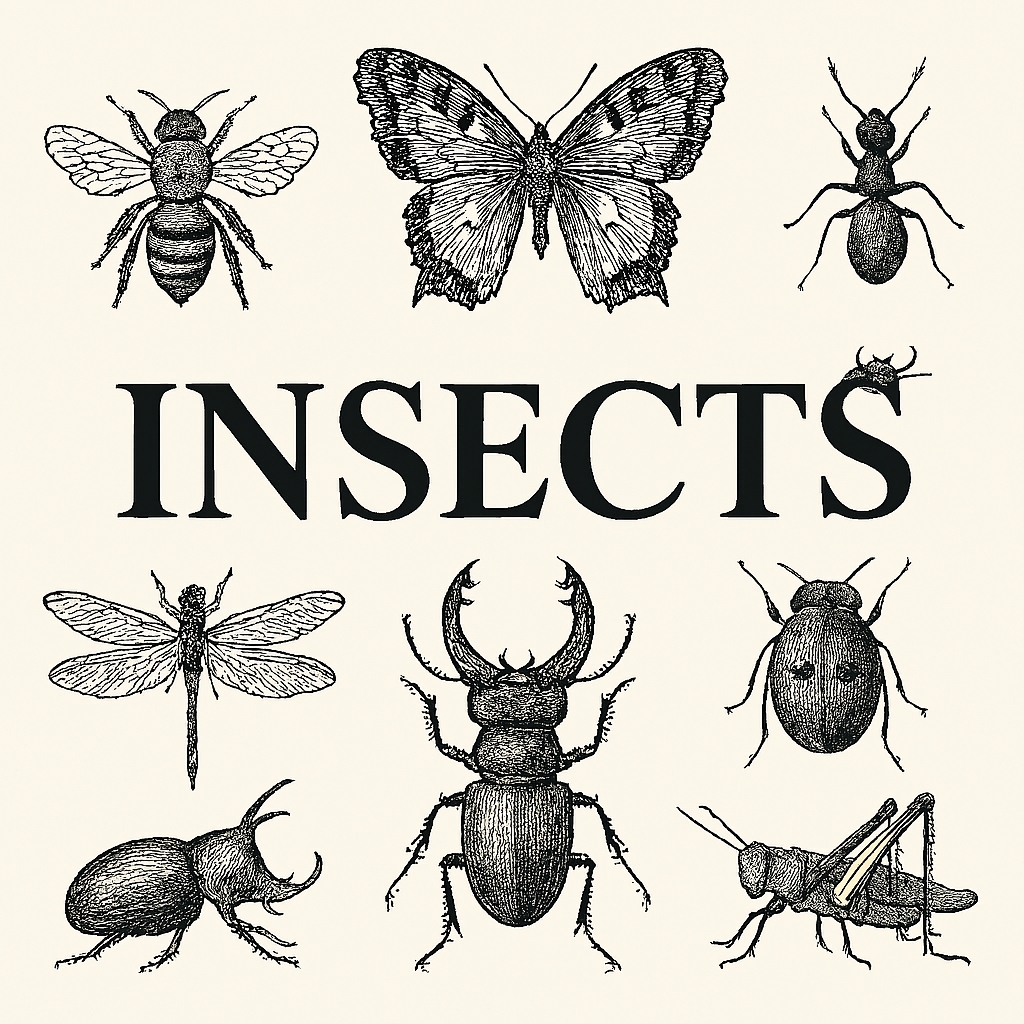Wilding: Restoring Nature’s Balance
———————————
What Is Wilding?
Wilding is more than just a buzzword; it’s a powerful approach to ecological restoration. Instead of rigidly preserving habitats in stable states, wilding focuses on promoting natural processes and ecological functions. It’s about working with nature in a dynamic, open-ended way, rather than dictating what a space should look like. Here are the key aspects of wilding:
Hands-Off Restoration: Wilding embraces a “hands-off” philosophy. Instead of micromanaging ecosystems, we allow natural processes to unfold. This approach benefits both biodiversity and society.
Ecological Functions: Wilding isn’t just about creating more space for nature. It’s also about soil restoration, flood mitigation, water purification, carbon sequestration, and pollination.
Cost-Effective: By aiming for self-sustaining ecosystems, wilding reduces the need for constant human intervention. Over time, managers can step back and let nature take the lead.
Positive Environmentalism: Wilding recognizes the ecological crisis without dwelling on the past. It encourages participation, inclusivity, and investment in a wilder future.
All Scales: From roadside verges to large landscape projects, wilding can happen everywhere. Every effort to restore natural processes counts.
What Wilding Is NOT
One-Size-Fits-All: Wilding encompasses various approaches. Landscape-scale projects, herbivore reintroduction, and predator management are all part of the bigger picture.
Limited to Reserves: Wilding should happen everywhere, not just in distant reserves. It’s about making space for nature within our productive landscapes.
Anti-Agriculture: Wilding complements other land uses. It’s not about undermining rural economies but creating new opportunities for communities.
Exclusive to Scientists: While supported by science, wilding invites everyone to learn, contribute, and participate.
Tips for Successful Wilding
Learn from the Past: Reflect on your toxic work environment (like a previous job) and find closure. Write a letter to your past self, acknowledging your resilience and growth.
Mind Your Triggers: Be aware of situations that remind you of past experiences. Recognize when old patterns emerge and consciously choose a different response.
Embrace New Norms: Understand that what was “normal” in a toxic environment isn’t universal. Give yourself time to adjust to healthier workplace dynamics.
Celebrate Progress: Celebrate small victories in your new job. Each step away from toxicity contributes to your healing journey.
15 Hashtags to Join the Discussion
#SaveTheWorld #Conservation #Rewilding #Biodiversity #NatureRestoration #EcosystemHealth #SustainableFuture #ClimateAction #NaturalProcesses #WildlifeRecovery #SoilRegeneration #PollinatorHabitat #CarbonSequestration #WaterPurification #HandsOffNature
Let’s embrace wilding and create a healthier, more vibrant planet together!


















The Wild Wilding Idea & The Future It Holds - EcoReef.co
[…] Web Enhancement Insects are a fundamental part of the food web. By promoting diverse plant life, wilding indirectly supports insect populations. In turn, these insects become food for birds, […]